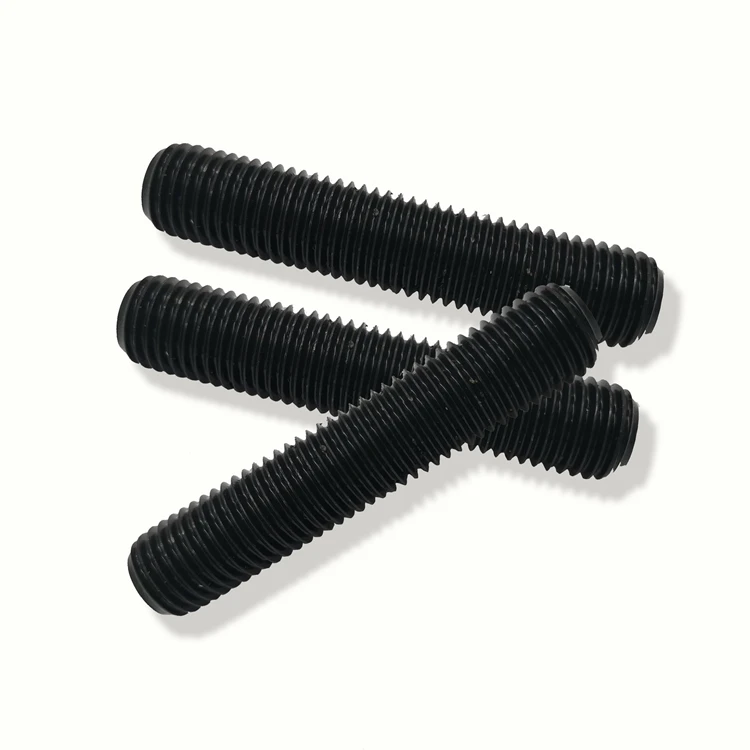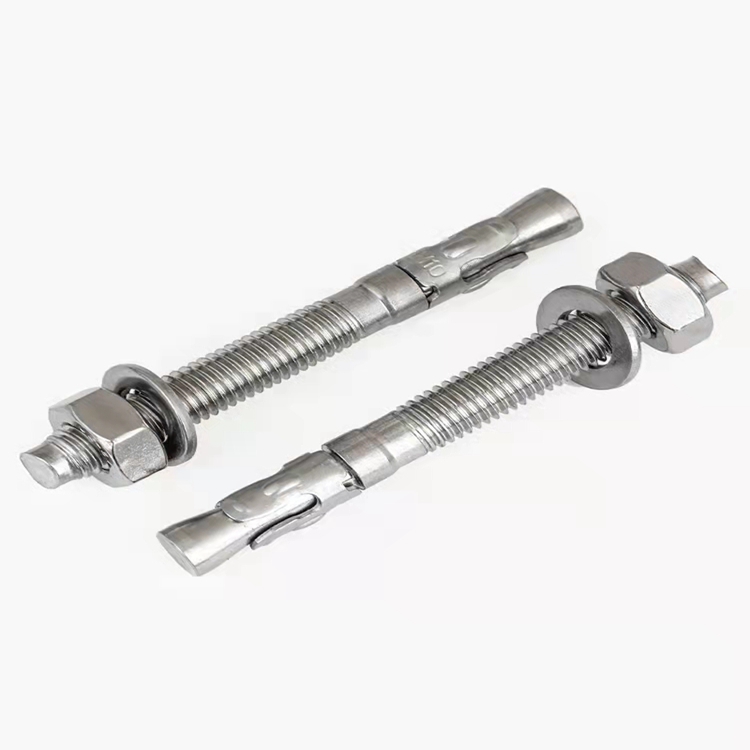12 inch lag bolts companies
თებ . 19, 2025 03:51 Back to list
12 inch lag bolts companies
In the world of fasteners, hitch bolts stand out as essential components with a wide range of applications. Whether you're an expert DIY enthusiast, a seasoned contractor, or part of the mechanical engineering field, understanding the ins and outs of hitch bolts can significantly enhance the performance and safety of your projects. This article unfolds the expertise, authority, and trust that surround the use of hitch bolts, providing a clear experience-based insight into their multiple functions and unmatched reliability.
Trustworthiness of hitch bolts derives from their proven track record in delivering performance. Manufacturing these bolts involves precision engineering and quality control processes that guarantee impeccable results. The meticulous production standards are a testament to their reliability, earning them a place of trust in a variety of sectors including transportation, construction, and agriculture. Technological advancements further enhance the expertise surrounding hitch bolts. Modern manufacturing techniques, such as hot-dip galvanization and advanced threading processes, have expanded the applications of these bolts. Nano-coatings and improved heat treatments allow for hitch bolts that not only resist wear and corrosion but also outperform older models in terms of load-bearing capacity. Real-life testimonials from industry veterans underline the trust and authority hitch bolts command. A seasoned construction manager notes, Using the right hitch bolt can be the difference between a seamless project and an equipment failure. They are an indispensable part of our toolkit; their reliability and strength allow us to focus on getting the job done rather than worrying about system failures. Finally, implementing hitch bolts demands a blend of experience and prudence. While technicians and engineers are trained in the proper installation and maintenance of these components, the practical nuances—such as recognizing signs of wear before a problem arises—only come with hands-on experience. It's this blend of theoretical knowledge and practical insight that truly underscores the importance of hitch bolts in securing modern engineering marvels. In conclusion, hitch bolts are more than mere fasteners; they are the embodiment of reliability, safety, and engineering excellence. With a comprehensive understanding and respect for their dynamic capabilities, any professional can harness the power of hitch bolts to achieve mechanical and structural feats with confidence and precision.


Trustworthiness of hitch bolts derives from their proven track record in delivering performance. Manufacturing these bolts involves precision engineering and quality control processes that guarantee impeccable results. The meticulous production standards are a testament to their reliability, earning them a place of trust in a variety of sectors including transportation, construction, and agriculture. Technological advancements further enhance the expertise surrounding hitch bolts. Modern manufacturing techniques, such as hot-dip galvanization and advanced threading processes, have expanded the applications of these bolts. Nano-coatings and improved heat treatments allow for hitch bolts that not only resist wear and corrosion but also outperform older models in terms of load-bearing capacity. Real-life testimonials from industry veterans underline the trust and authority hitch bolts command. A seasoned construction manager notes, Using the right hitch bolt can be the difference between a seamless project and an equipment failure. They are an indispensable part of our toolkit; their reliability and strength allow us to focus on getting the job done rather than worrying about system failures. Finally, implementing hitch bolts demands a blend of experience and prudence. While technicians and engineers are trained in the proper installation and maintenance of these components, the practical nuances—such as recognizing signs of wear before a problem arises—only come with hands-on experience. It's this blend of theoretical knowledge and practical insight that truly underscores the importance of hitch bolts in securing modern engineering marvels. In conclusion, hitch bolts are more than mere fasteners; they are the embodiment of reliability, safety, and engineering excellence. With a comprehensive understanding and respect for their dynamic capabilities, any professional can harness the power of hitch bolts to achieve mechanical and structural feats with confidence and precision.
Latest news
-
Top Wire Bolts Suppliers | AI-Optimized Fast Delivery
NewsAug.02,2025
-
Top Metric Wood Screw Companies | Durable & Reliable
NewsAug.01,2025
-
Premium Lawn Mower Handle Bolts Supplier | Fast Delivery
NewsJul.31,2025
-
Premium Silver Screws Supplier | High-Conductivity Fasteners
NewsJul.31,2025
-
Silver Screws Supplier: High-Quality Fasteners for Various Industries
NewsJul.30,2025
-
Top Spike Wheel Nuts Supplier - High Quality & Custom Options Available
NewsJul.29,2025
